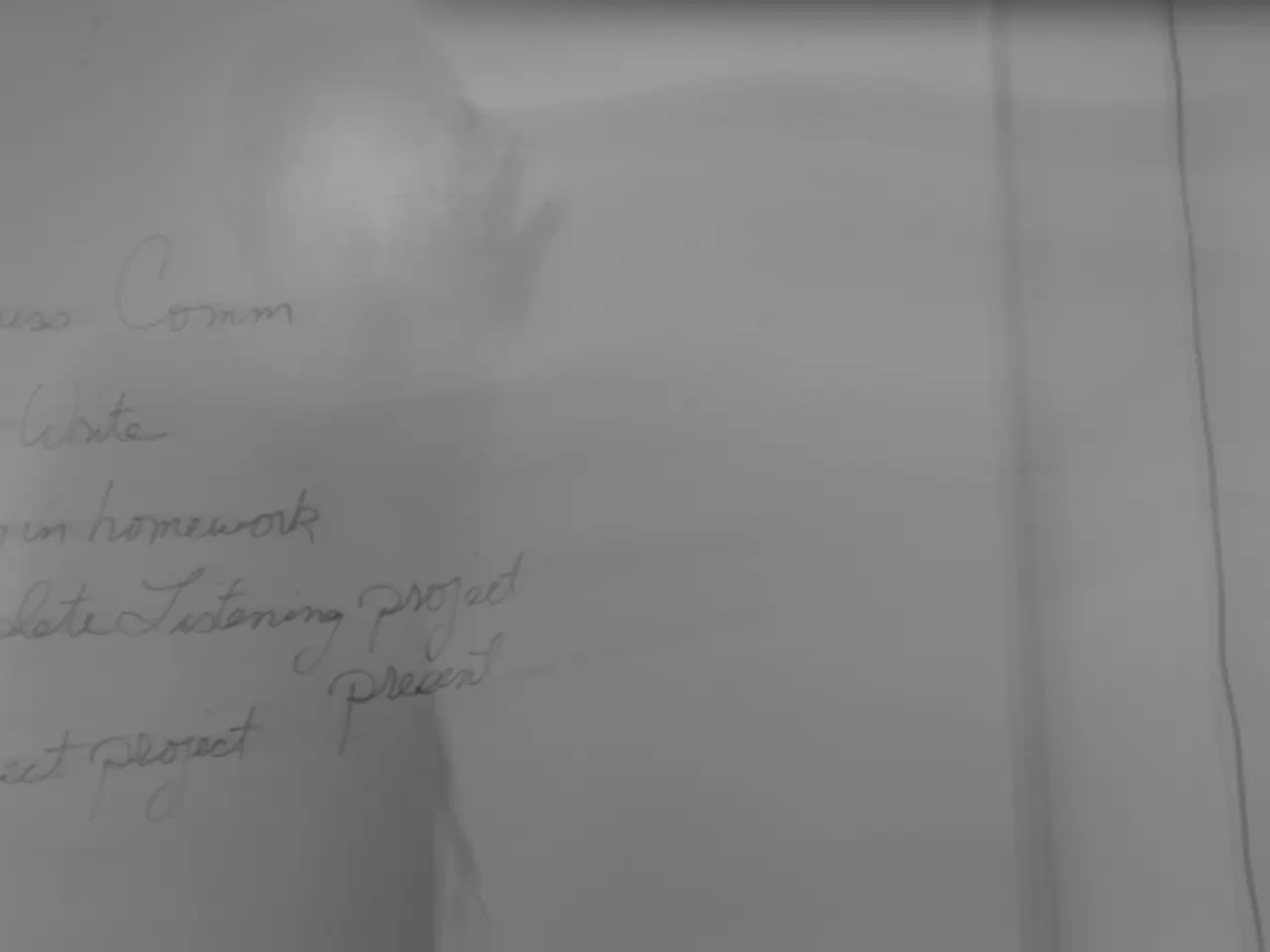Angsty Coalition CDU Pushes for Promised Power Tax Break Amidst Funding Dilemma
CDU remains firm on pledged reduction in electricity tax
Looks like the Union faction is seething over the government's dash of cold water on the long-awaited power tax reduction for citizens. As CDU economic politician Tilman Kuban put it to "Stern," the government must keep its promises, and the power tax reduction is one of them.
The finance ministry's new budget draft, presented by Minister Lars Klingbeil, has done away with the reduction plan for consumers. The decision, explained during the Industry Day, was based on the coalition agreement's collision with financial possibility and reality, Katherina Reiche, the federal minister of economics, declared Tuesday.
The draft shows that the power tax cut, initially intended for everyone, is now only applicable to the industry, not the consumers. This change has left the CDU General Secretary, Carsten Linnemann, equally incensed. "The reduction of the power tax for everyone must come," he stated to "Bild," citing it as compensation for the CO2 price.
Apparently, the government is short on funds to fulfill this promise. Klingbeil himself acknowledged rejecting extensive requests from various ministries totaling 47 billion euros while presenting the budget draft.
CDU economic politician Kuban suggests an alternative method to ensure consumer relief - by scaling back the heat pump promotion budget by the estimated five billion missing for the power tax cut. Currently, around 15 billion euros have been earmarked for this initiative.
Meanwhile, consumers might still see a decrease in power prices next year, due to a drop in gas storage surcharges and network charges. However, the absent power tax reduction would have led to a reduction of around 2 cents per kilowatt-hour on power bills, resulting in a savings of approximately 93 euros yearly for a family consuming 4000 kilowatt-hours.
Extra Insights
This abrupt change in the power tax reduction plan comes at a time when the German government is shelling out billions to beef up its defense spending, a response to Russia’s invasion of Ukraine. This increased defense expenditure is being financed through new borrowing and dedicated special funds, causing substantial pressure on public finances[1][4].
The government's inclination towards a broad "growth stimulus" package, featuring corporate tax breaks, is contributing to the financial strain. These corporate tax reductions, aimed at stimulating investment and competitiveness, diminish immediate tax revenues, requiring agreements with regional and municipal authorities or alternative funding sources to offset the loss[2][3][4].
[1] Herold, M. (2025, Feb 16). "Germany Increases Defense Spending in Face of Ukraine Conflict." Bloomberg.[2] Becker, S., & Korth, T. (2025, Mar 22). "Berlin Struggles to Fund Energy Cost Subsidies." Reuters.[3] Frank, J. (2025, Apr 6). "Germany Ponders Corporate Tax Breaks." Politico.[4] Schwimann, J. (2025, May 14). "Germany Unveils Budget Draft: Big Spending, Big Debt." DW.
The Commission, amidst the ongoing industrial and political debates over funding, has been asked to submit a proposal for a directive on the protection of workers from the risks related to exposure to ionizing radiation, as a possible alternative source of revenue could be derived from implementing stricter safety measures in industries that handle such radiation. The sudden change in the power tax reduction plan, which now excludes consumers and benefits only the industry, has been a topic of general news, sparking controversy in financing, industry, and politics.




